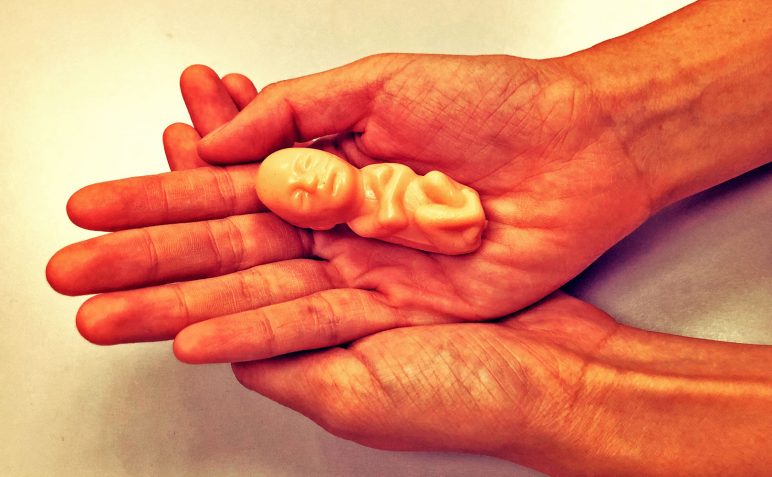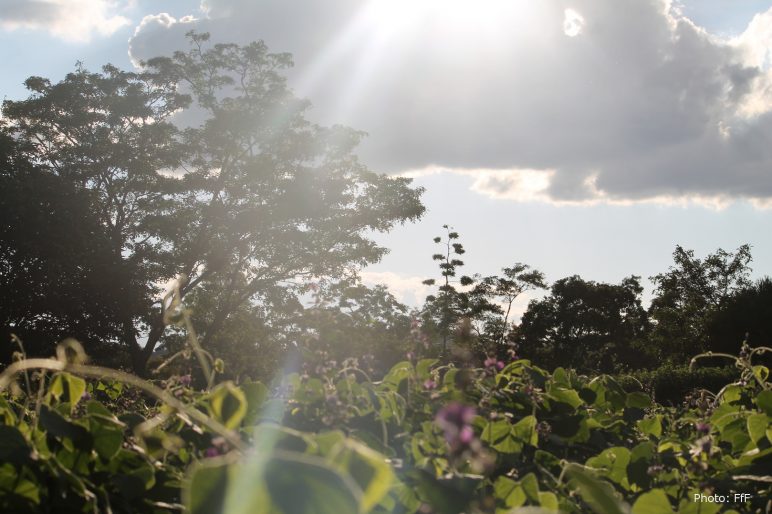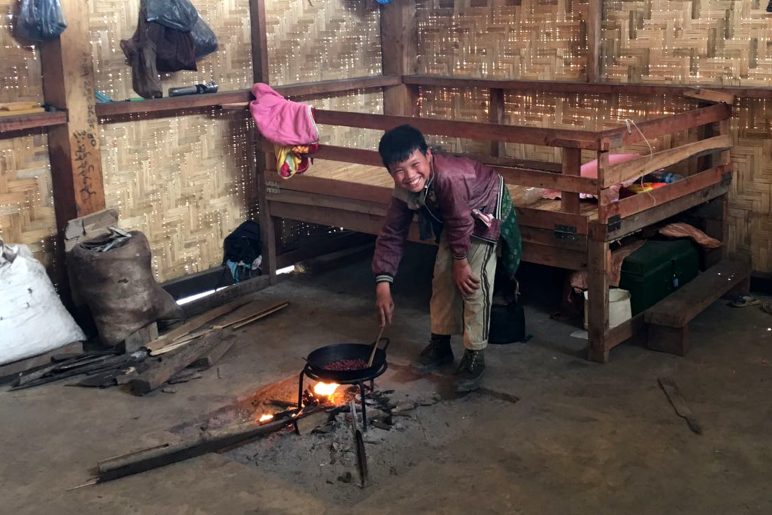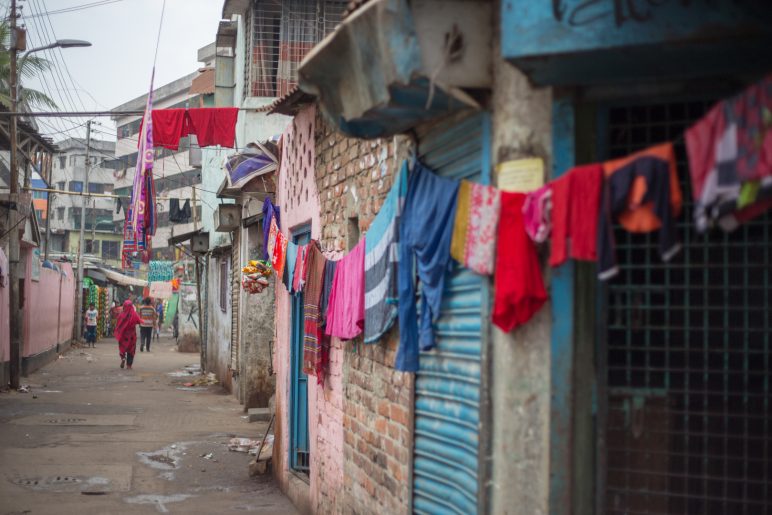Our partner worker carried a 12-week-old embryo baby model to deliver the message of “priceless life” to women who were preparing for abortion in the hospital.
Abortion, a bloody noun.
According to the interpretation of Wikipedia, abortion, also known as miscarriage or induced abortion, is the ending of pregnancy by removing an embryo or fetus before it can survive outside the uterus.
Under the influence of one child policy, millions of women and mothers undergo abortion or sterilisation every year. The Chinese official report pointed out 13 million cases of abortion annually. When this announcement was still hovering around the ears, some US human rights organisations already felt unacceptable and claimed that the actual number is 10 million more. According to this data, there are 63,013 cases of abortion every day, 2,625 cases every hour, and 43 cases every minute. Various reasons have gradually made abortion a “reasonable” choice and it is silently accepted in the society, which can be implied from an advertisement of a mainland Chinese hospital. In the advertisement, a woman was frustrated because of an unplanned pregnancy. After the hospital’s painless induced abortion, the family and even the grandmother were very happy to welcome her home. Various social influences resulted in sexual experience at young age and the prevalence of abortion.










